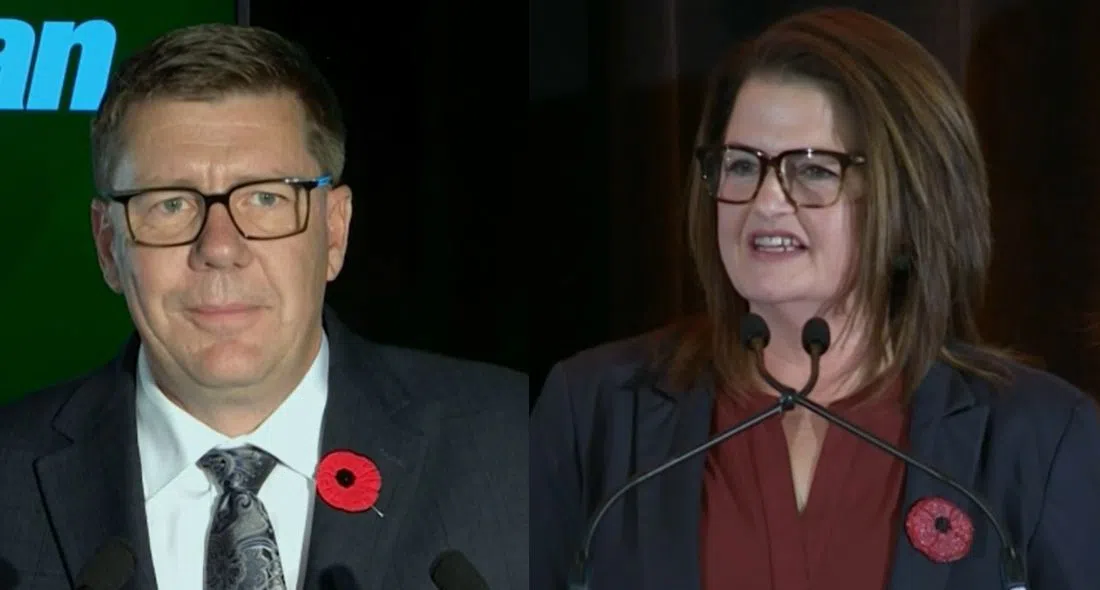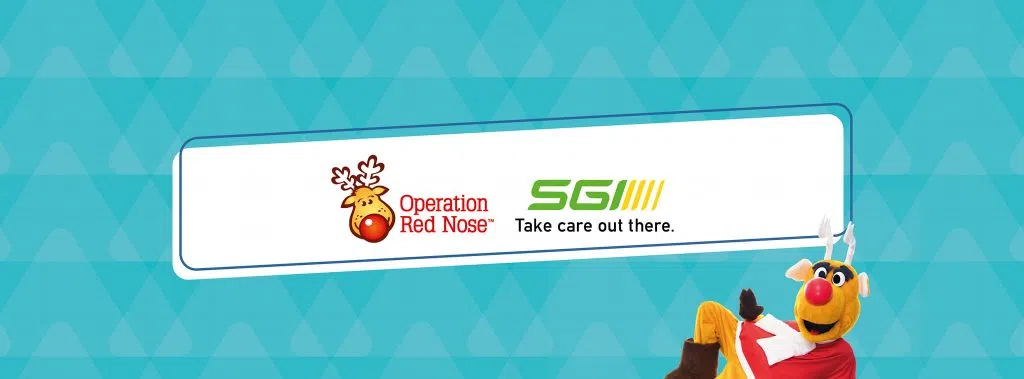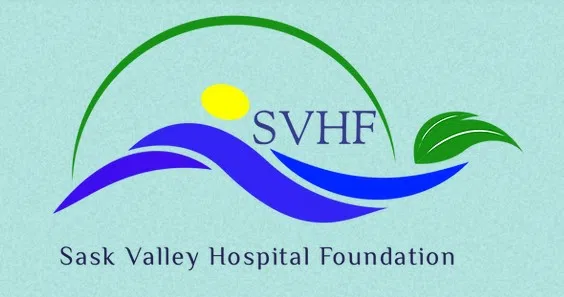
An Assistant professor in the Department of Political Studies at the University of Saskatchewan says the provincial election was closer than he thinks the Saskatchewan Party wanted. And Daniel Westlake thinks if they don’t want to end up in these kinds of close races, that regardless of whether the Sask. Party can be re-elected on the basis of a rural vote; they need to care about being reelected in Saskatoon and Regina. Westlake says if you compare Premier designate Scott Moe to his Alberta counterpart Danielle Smith, Moe seems more conciliatory.
“I look at both his acceptance speech and the way he performed in the debate, and I do think that looks more like a politician who is trying to reach out at least to the centre, certainly not to the left but might be trying to win back some of the votes that were lost in urban areas. I look at, on the other hand, the announcement that Scott Moe makes immediately after the debate regarding change rooms and trans kids and that’s going to be alienating to more moderate voters.”
Westlake says sometimes it is the issues which split down rural and urban lines like questions around environment and cost of gas where those in urban settings may not have as far to travel and also have other options for transit be it the bus, a bike or walking. The Sask. Party took the rural vote while the NDP took almost all of the urban vote in Regina and Saskatoon. He also points to education and questions around class size where in urban areas they are dealing with class size issues but in more rural areas due to a difference in density of populations they might not be dealing with the same challenges regarding class size. Westlake says Alberta and Manitoba are seeing similar divides where rural areas go conservative and urban areas tend to go for the NDP and the dynamic is seen in the U.S. as well.
He says both the NDP and the Saskatchewan Party are coming out of the provincial election facing significant challenges. Daniel Westlake says the Sask. Party’s positives include five consecutive governments with over 50 per cent of the popular vote which is not something that happens very often in Canada. Westlake concludes that at the same time the losses in urban areas for the Sask. Party are significant. He says, “Because they have to think carefully how to reach out to voters in urban areas if they don’t want elections to keep getting closer and closer.”
Westlake suggests the NDP can be happy about the gains they’ve made but if they are going to go from a substantial opposition party to a party that can challenge for government, they need to make inroads in Moose Jaw and Prince Albert, not just dominate in Saskatoon and Regina. Tuesday is the second preliminary count of ballots which will include all Vote-by-Mail ballots received by October 26th.

























